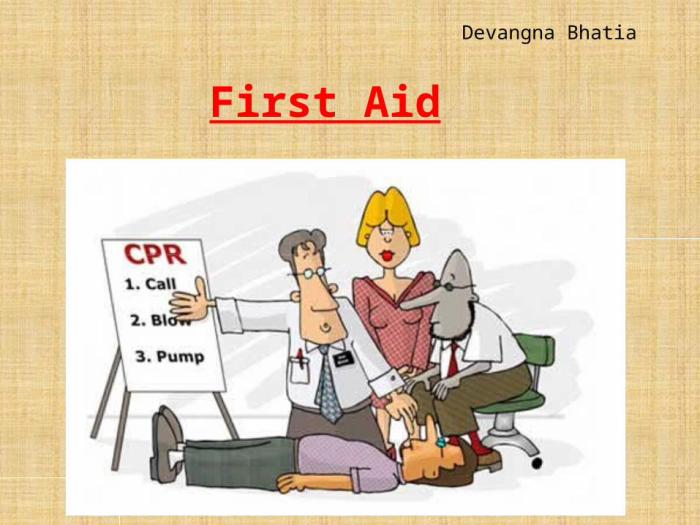The ABC Pre-Dive Check acronym refers to a series of essential steps that divers should take before entering the water. By following this checklist, divers can ensure that their equipment is in good working order, their dive plan is sound, and they are physically and mentally prepared for the dive.
This comprehensive guide will explore each element of the ABC Pre-Dive Check acronym, providing divers with the knowledge and skills necessary to dive safely and confidently.
The ABC acronym stands for Airway, Breathing, and Circulation. These three elements are critical for maintaining life, and they are especially important for divers, who are operating in an environment where their breathing is supported by artificial means. By checking their airway, breathing, and circulation before diving, divers can identify and address any potential problems that could lead to a diving emergency.
ABC Pre-Dive Check Acronym: The Abc Pre-dive Check Acronym Refers To

The ABC pre-dive check acronym refers to a series of checks that scuba divers should perform before entering the water. These checks help to ensure that the diver is properly prepared and equipped for the dive, and that there are no potential hazards that could compromise their safety.
| Letter | Meaning | Explanation | Importance |
|---|---|---|---|
| A | Airway | Check that the diver’s airway is clear and unobstructed. | Ensures that the diver can breathe easily and effectively. |
| B | Breathing | Check that the diver is breathing normally and without difficulty. | Ensures that the diver is able to maintain a sufficient oxygen supply. |
| C | Circulation | Check that the diver’s circulation is normal and that there are no signs of circulatory problems. | Ensures that the diver’s body is receiving an adequate supply of oxygen and nutrients. |
Airway
It is important to check the airway before diving to ensure that it is clear and unobstructed. This can be done by asking the diver to take a deep breath and hold it for a few seconds. If the diver is able to do this without any difficulty, then their airway is likely to be clear.There
are a number of potential airway obstructions that can occur during diving, including:*
-*Water in the airway
This can occur if the diver inhales water through their mouth or nose.
-
-*Foreign objects in the airway
This can occur if the diver accidentally swallows or inhales a foreign object, such as a piece of food or a dive mask.
-*Laryngeal spasm
This is a sudden contraction of the muscles in the larynx, which can block the airway.
If an airway obstruction occurs during diving, it is important to take immediate action to clear the obstruction. This can be done by:*
-*Back blows
Giving the diver a series of sharp blows between the shoulder blades.
-
-*Heimlich maneuver
Performing the Heimlich maneuver on the diver.
-*CPR
If the diver is unconscious and not breathing, it may be necessary to perform CPR.
Breathing, The abc pre-dive check acronym refers to
It is important to check breathing before diving to ensure that the diver is breathing normally and without difficulty. This can be done by observing the diver’s breathing rate, depth, and effort.The normal breathing rate for an adult at rest is between 12 and 15 breaths per minute.
The breathing rate may increase during exercise or excitement. The breathing depth should be regular and even. The breathing effort should be easy and relaxed.There are a number of common breathing problems that can occur during diving, including:*
-*Shortness of breath
This can be caused by a number of factors, including exertion, anxiety, or a medical condition.
-
-*Hyperventilation
This is a condition in which the diver breathes too quickly and deeply, which can lead to a decrease in blood carbon dioxide levels.
-*Hypoventilation
This is a condition in which the diver breathes too slowly and shallowly, which can lead to a buildup of carbon dioxide in the blood.
If a breathing problem occurs during diving, it is important to take immediate action to correct the problem. This may involve slowing down the breathing rate, taking deeper breaths, or seeking medical assistance.
General Inquiries
What is the ABC Pre-Dive Check?
The ABC Pre-Dive Check is a series of essential steps that divers should take before entering the water. It stands for Airway, Breathing, and Circulation, and it helps divers to ensure that their equipment is in good working order, their dive plan is sound, and they are physically and mentally prepared for the dive.
Why is the ABC Pre-Dive Check important?
The ABC Pre-Dive Check is important because it helps divers to identify and address any potential problems that could lead to a diving emergency. By checking their airway, breathing, and circulation, divers can ensure that they are prepared for the dive and that they have taken all reasonable steps to minimize the risk of an accident.
How do I perform the ABC Pre-Dive Check?
To perform the ABC Pre-Dive Check, divers should follow these steps:
- Airway:Check your airway to make sure that it is clear and unobstructed.
- Breathing:Check your breathing to make sure that it is regular and unlabored.
- Circulation:Check your circulation to make sure that your pulse is strong and regular.

